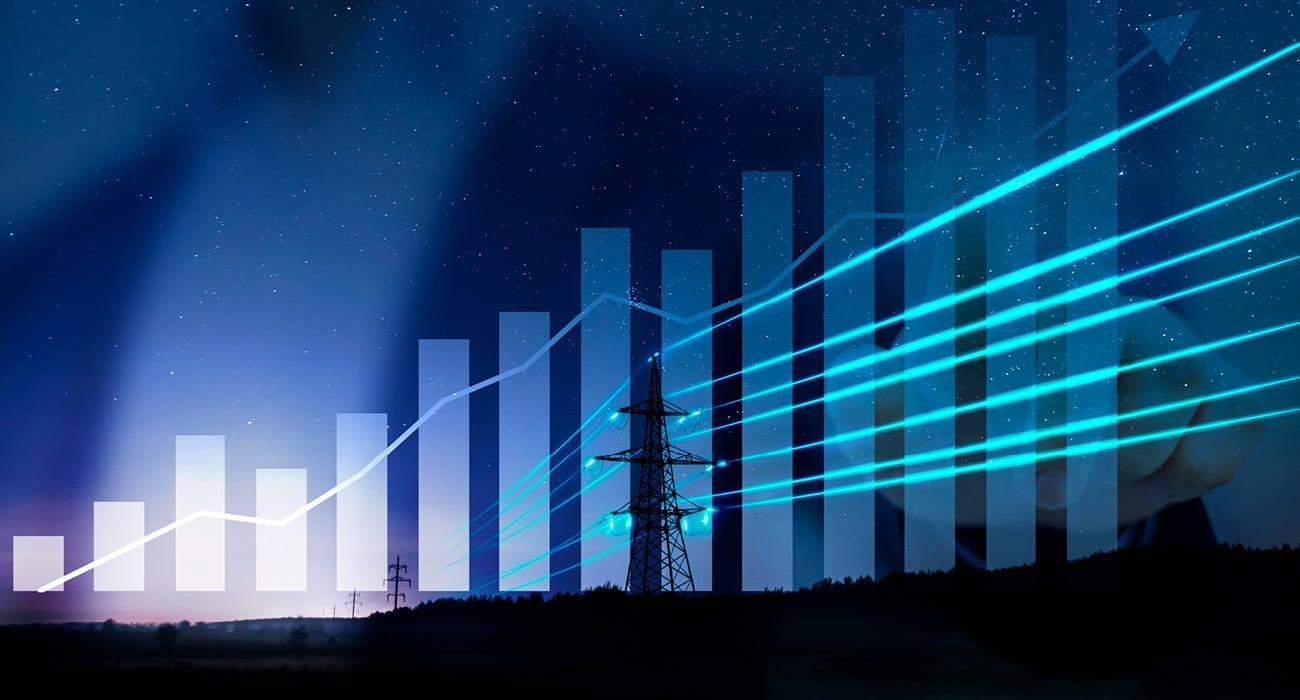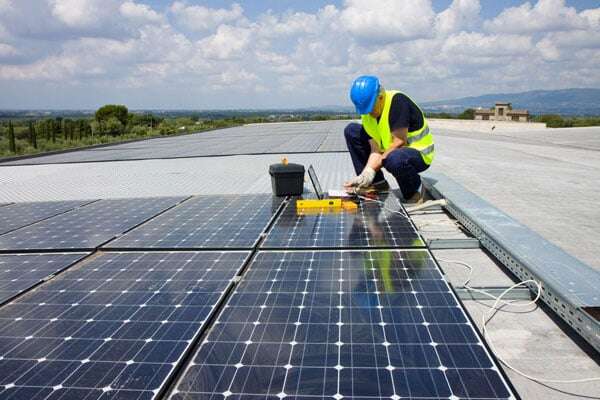Energy risk is the boardroom issue that refuses to budge. For the fourth consecutive year, businesses ranked energy as their top concern, with 79% expecting their invoices to rise in the next 12 months, according to this year’s Business Energy Tracker: The cost of clean power: will your business pay the price?
It revealed that businesses are increasingly focused on the financial impact of decarbonisation, with 97% saying they are concerned about the cost of delivering the low-carbon transition. In addition, nearly half expect non-commodity charges - the non-supply part of their energy invoices - to rise by 25% or more, with half questioning whether these costs are fair.
This highlights why energy strategies that focus on longer-term certainty are now top of the agenda.
Why interest in alternative ways to source power is accelerating
With energy risk high and non-commodity costs rising, many business energy users are seeking ways to take control. According to our Business Energy Tracker, 71% say they will prioritise energy efficiency, and many plan to complement this with alternative sourcing of clean power. Among the largest energy spenders, 40% intend to invest in on-site generation.
With network, system and policy costs increasing, actions that reduce grid imports, fix prices for long periods or align consumption with generation, will become more valuable.
The rise of the Corporate Power Purchase Agreement (CPPA)
The growing CPPA market gives large energy users more control over their electricity purchasing. Long-term agreements can help secure predictable prices, support the development of new low-carbon generation, and demonstrate measurable progress towards clean power goals.
Indeed, in our Business Energy Tracker, when asked what support businesses most want from the government, the development of the CPPA market was the top answer, ahead of direct financial support and funding for on-site generation. They view CPPAs as a practical way to secure long-term price certainty and enable new clean generation.
Businesses can utilise CPPAs in conjunction with supply contracts, on-site generation, and flexibility solutions to create a more stable and diversified approach to energy sourcing. CPPAs also enable businesses to link directly to renewable projects, providing greater transparency over the source of their electricity and its contribution to the UK’s clean power targets.
Combined with efficiency and flexibility measures, CPPAs can form part of a longer-term strategy to manage affordability, reduce carbon and build resilience against future cost pressures.
The opportunity for generators
For energy generators, this presents a real opportunity. Our Business Energy Tracker has shown that there is growing demand from businesses for CPPAs, which could help support the investment case for new or expanded energy projects.
CPPAs already offer a number of benefits for generators, including a guaranteed route to market for their energy, and a reliable, long-term income stream.
Having a CPPA in place also gives investors confidence in a generation project, even if it isn’t yet completed, which could open up new funding sources and the ability to develop and complete projects faster.
With the additional evidence of an expanding business market to tap into, the popularity of CPPAs is likely to increase further.
Is a CPPA right for your business?
CPPAs are generally most suited to mid-to-high level industrial and commercial consumers, particularly those with long-term demand certainty.
So, if your organisation is using more than 30 GWh of energy per year, and you have a steady forecast of how much power you need, then a long-term CPPA - typically between 10 and 15 years - with a fixed price can be advantageous.
Importantly, for a CPPA to be a worthwhile investment for both a business and generator, a business would need to have a high enough energy demand to consume all of the generator's volume, rather than one generator signing multiple CPPAs with several smaller businesses.
A call for policy support
Our Business Energy Tracker shows that there are growing calls for measures to reduce invoices and ease volatility. While government initiatives such as the Modern Industrial Strategy and British Industrial Competitiveness Scheme mark progress, particularly for larger energy users, there has been no sign yet of reform to the CPPA market.
That gap matters. To maintain the clean power momentum, businesses and generators need a clear and stable policy framework that supports investment and rewards innovation. Greater clarity and long-term commitment from the government would give more organisations the confidence to commit to clean power agreements.
Read the Business Energy Tracker 2025 to explore the full findings and insights. Or, if you're an independent generator and would like to discuss your options, please email me: gwilym.neal@eonenergy.com.
/npm214%20Digital_H_UB140_nBET.jpg)
/npm214%20Digital_H_UB136.jpg)
/npm214%20Digital_H_UB126.jpg)



/npm214%20Digital_H_UB100.jpg)

/npm214%20Digital_H_UB141.jpg)

/Author%20Profile%20Neal_Gwyliam_G.png)
